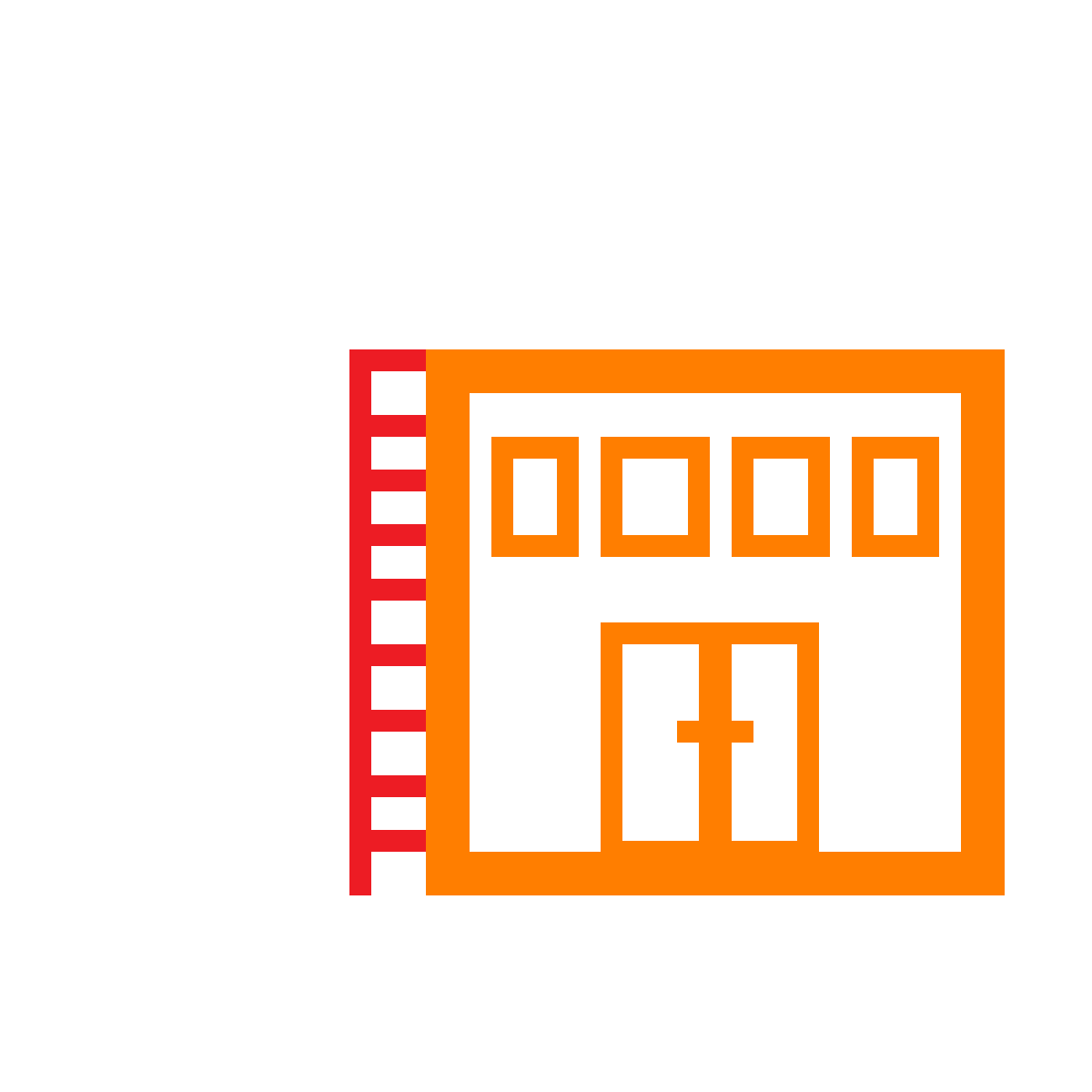When terms like "missmichelleyg leaked" start popping up online, it's almost natural for curiosity to pique, isn't it? These phrases, very often, capture our attention, sparking a quick search to see what all the talk is about. It’s a pretty common thing these days, actually, how certain names or events suddenly gain a lot of traction on the internet, drawing in countless eyes.
But, you know, behind these trending search terms, there's usually a whole lot more to think about than just the immediate buzz. Such phrases often bring up some pretty big questions about privacy, about what’s true and what isn’t, and about how we all interact with information online. It’s a bit like trying to figure out the real story behind a complex news event; there are always layers to peel back.
So, instead of just chasing after the surface-level details, this piece is here to help us all explore the bigger picture. We'll talk about the wider world of online "leaks," how crucial digital safety is, and why being a thoughtful consumer of information matters so much. It's about looking at the landscape, not just one small part of it, and understanding how to keep ourselves and our information safe in this very connected world.
Table of Contents
- Understanding the Digital Footprint
- The Ripple Effect of Online Information
- Safeguarding Your Online Presence
- Navigating the Digital Information Space
- Personal Details and Online Presence: A Look at Your Digital Footprint
- Frequently Asked Questions
Understanding the Digital Footprint
Every single thing we do online, every click, every post, every interaction, leaves a bit of a trail. This trail, often called a digital footprint, is basically the record of our online activity. It’s pretty much like leaving footprints in the sand, except these are made of data and they stick around for a very long time. For example, when you sign up for a new social media site or download an app, you’re usually giving away some personal information. This could be your name, your email, or even your location, you know?
This digital footprint can grow quite large without us even realizing it. Think about all those times you've accepted cookies on a website, or perhaps liked a page, or even just browsed for something specific. All of that contributes to your online presence. It’s a bit like a mosaic being built piece by piece, and each piece tells a little bit more about you. So, understanding that everything you do online has a lasting effect is really the first step in being smart about your digital life.
And it's not just about what you actively post. It's also about the data collected about your browsing habits, your purchases, and even the apps you use. This data, often anonymous, can still paint a pretty detailed picture over time. It’s a rather complex system, with information flowing in many directions, sometimes without us fully grasping where it all goes. That's why being aware of your digital footprint is so important, because it’s the foundation for protecting your privacy.
The Ripple Effect of Online Information
When something, anything really, starts circulating online, it can spread incredibly fast. It's almost like a ripple in a pond, getting wider and wider with each share and repost. A term like "missmichelleyg leaked," for instance, can quickly become a trending topic, drawing in a lot of attention from all sorts of people. This rapid spread of information, whether it's accurate or not, is a key characteristic of our connected world, you see.
Just like understanding the subtle differences between advanced AI tools or following the twists and turns of a complex legal case, making sense of online information requires a thoughtful approach. We saw how the verdict in Julieta Prandi's case, for example, became widely known, and similarly, how there are big differences between Copilot and ChatGPT that users need to grasp. In the same way, when something is labeled "leaked," it creates a multitude of options for interpretation and, frankly, sometimes more questions than answers for those trying to figure things out.
This rapid dissemination means that rumors or unverified claims can gain traction just as easily as factual news. It’s a bit of a challenge, really, because it puts the onus on each of us to be discerning. We have to ask ourselves: Where did this information come from? Is it reliable? What's the context? Without this critical thinking, it’s very easy to get swept up in the current of online chatter, which can sometimes lead to misunderstandings or even harm.
Safeguarding Your Online Presence
Protecting your online presence is a lot like protecting your physical home; it requires some regular effort and smart choices. One of the first and most basic steps is using really strong, unique passwords for all your accounts. Think of them like super sturdy locks on your doors. A mix of letters, numbers, and symbols, and not using the same one everywhere, is pretty much the golden rule, you know?
Beyond passwords, paying attention to your privacy settings on social media and other platforms is incredibly important. Many sites allow you to control who sees your posts, your photos, and even your personal details. Taking a few minutes to review these settings and make sure they align with what you're comfortable sharing can make a huge difference. It’s about being in control of your own narrative online, so to speak.
Another crucial habit is thinking before you share. Once something is out there on the internet, it’s incredibly difficult, if not impossible, to pull it back completely. This goes for photos, personal stories, and even casual comments. It's a good idea to pause and consider: Would I be okay with this being seen by anyone, anywhere, at any time? This simple question can help you make more thoughtful decisions about what you put out into the digital world, and that's actually a very powerful tool.
Also, be wary of phishing attempts and suspicious links. These are common ways that bad actors try to trick you into giving up your personal information. If an email or message seems a little off, or asks for sensitive details, it's probably best to be very cautious. Double-checking the sender or going directly to the official website instead of clicking a link can save you a lot of trouble. It’s a small step that can offer a lot of protection, really.
Navigating the Digital Information Space
In a world where information spreads so quickly, knowing how to navigate the digital information space is a vital skill. When you come across a term like "missmichelleyg leaked," or any other piece of intriguing online content, it's wise to approach it with a healthy dose of skepticism. Not everything you read or see online is accurate, and that's just a simple fact of the internet, isn't it?
One good practice is to look for multiple sources. If a piece of information is truly significant, it will likely be reported by several reputable news organizations or official channels. Relying on just one source, especially if it seems sensational or lacks credible backing, can be a bit risky. It’s like trying to understand a big story from just one small snippet; you really need the full picture to get it right.
Also, consider the source itself. Is it a well-known news outlet with a history of accurate reporting? Or is it an anonymous social media account or a website you've never heard of? Understanding the credibility of the source can tell you a lot about the information you're consuming. This discernment is a pretty important part of being a responsible digital citizen, so.
And remember, the internet is full of diverse voices and opinions. While it’s great to hear different perspectives, it’s also important to distinguish between opinion and fact. Just because something is widely shared doesn't automatically make it true. Being able to critically evaluate what you see and read is a skill that will serve you very well in this always-on digital environment, it truly will.
Personal Details and Online Presence: A Look at Your Digital Footprint
Understanding what types of personal details make up your online presence is a crucial step in protecting yourself. Every piece of information, big or small, contributes to your digital profile. Knowing what's out there, and what risks each category might carry, is pretty much key to staying safe. Here's a quick look at some common types of personal information and why they matter for your privacy, you know?
| Category of Personal Information | Why It Matters for Your Online Privacy |
|---|---|
| Contact Information (Email, Phone Number) | This is often targeted by phishing scams and spam. It can be used for unwanted communication or even identity theft attempts. Keeping this private is a very good idea. |
| Social Media Activity (Posts, Likes, Comments) | Can reveal personal habits, routines, locations, and even your social circle. This information, if pieced together, could be used for targeted attacks or to build a profile of you. |
| Professional Background (Job Title, Company, Education) | While often public on sites like LinkedIn, too much detail can make you a target for corporate espionage or social engineering attacks. It's about finding a balance. |
| Location Data (Check-ins, GPS tagging) | Reveals where you are or have been, which can be a security risk. Always be mindful of location services on your devices and apps. This is a rather sensitive piece of data. |
| Photos and Videos (Personal images) | These can contain a lot of hidden information, like where you live, who you’re with, and what you own. Once shared, they are very difficult to control. Think twice before sharing, always. |
| Financial Information (Payment details, Bank info) | This is extremely sensitive and should almost never be shared outside of secure, trusted payment portals. Protecting this is absolutely paramount to preventing fraud. |
Frequently Asked Questions
What does 'leaked' mean in an online context?
In the online world, "leaked" usually means that private or confidential information, like documents, photos, or videos, has been shared publicly without permission. It can happen through various means, sometimes due to a security breach, or perhaps someone intentionally releasing content that wasn't meant for public eyes. It's a term that immediately suggests a breach of trust or privacy, you know?
How can I protect my personal information online?
Protecting your personal information online involves a few key habits. First, use strong, unique passwords for every account. Consider using a password manager to help with this. Second, always review and adjust your privacy settings on social media platforms and apps to limit who can see your content. Third, be cautious about what you share, and think about the long-term implications. And finally, be very wary of suspicious emails or links that might be phishing attempts. These steps can really make a difference, actually.
What should I do if my private information is shared without my consent?
If your private information is shared online without your permission, it can be a very distressing situation. The first step is to document everything: take screenshots, note down URLs, and gather any evidence you can. Next, report the content to the platform where it was shared, as most platforms have policies against non-consensual sharing. You might also consider contacting law enforcement, especially if the content is harassing or illegal. Seeking legal advice can also be a good option to understand your rights and what actions you can take, you know, to get it removed and protect yourself.
So, as we've seen, terms like "missmichelleyg leaked" serve as a stark reminder of how interconnected our digital lives are and the importance of being thoughtful about our online presence. Whether it’s understanding complex AI systems, following a significant legal verdict, or simply sharing a photo with friends, every interaction online carries a certain weight. Taking control of your digital footprint and being a smart consumer of information isn't just a good idea; it’s pretty much essential in today's world. We really encourage you to review your privacy settings, update your passwords, and always think twice before you share or click. Your online safety is, after all, very much in your hands.
For more general advice on staying safe online, you might find some good resources at staysafeonline.org, for example. Learn more about online privacy best practices on our site, and link to this page for more digital security tips.



Detail Author:
- Name : Oscar Hamill
- Username : pkeebler
- Email : oda.rogahn@hotmail.com
- Birthdate : 2003-07-16
- Address : 756 Jason Walks Lake Milesborough, NC 57744-7443
- Phone : 325-503-0320
- Company : Champlin-Shanahan
- Job : Illustrator
- Bio : Ipsa id quas non sed qui. Illum iste minus cum maiores ut beatae numquam reiciendis.
Socials
instagram:
- url : https://instagram.com/alphonso_berge
- username : alphonso_berge
- bio : Facilis rerum commodi dolor sint et. Consectetur omnis ipsum odit. Quis eos eius qui et animi.
- followers : 2529
- following : 688
twitter:
- url : https://twitter.com/bergea
- username : bergea
- bio : Quis pariatur rerum nisi unde est voluptatem. Dolor consectetur cupiditate eaque praesentium ea. Modi exercitationem odit et et. Omnis rerum provident cum et.
- followers : 3812
- following : 1108
linkedin:
- url : https://linkedin.com/in/alphonsoberge
- username : alphonsoberge
- bio : Voluptatem doloribus aut debitis aspernatur.
- followers : 6225
- following : 439
tiktok:
- url : https://tiktok.com/@aberge
- username : aberge
- bio : Odio consequatur ipsam non sed.
- followers : 6135
- following : 1341
facebook:
- url : https://facebook.com/alphonso_xx
- username : alphonso_xx
- bio : Sunt veniam reiciendis corporis culpa atque incidunt et.
- followers : 5368
- following : 1976